I know what MVC is and I work in webforms but I don't know how MVC will be that much different. I guess the code behind model will be different. So will it be like webforms minus the code behind and instead having it in a controller?
I see there are other related posts but I don't they address this.
